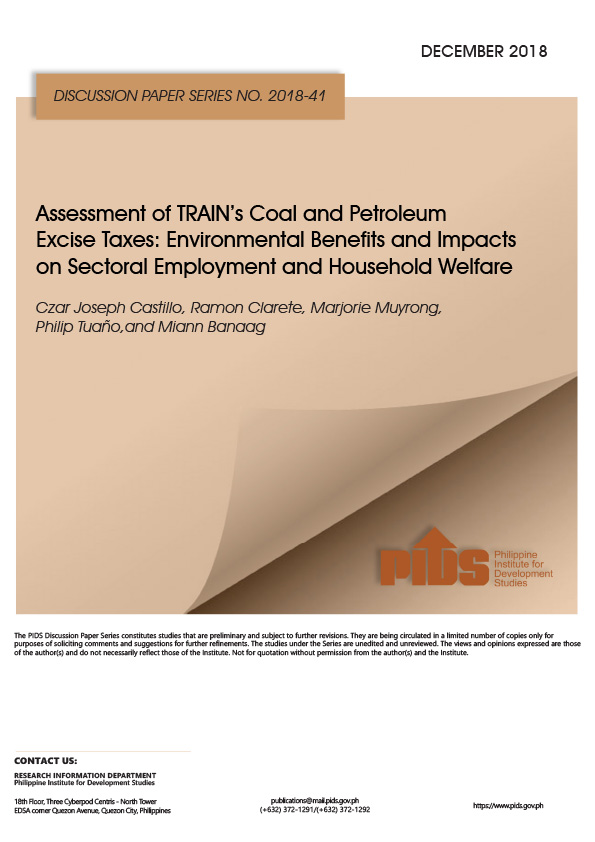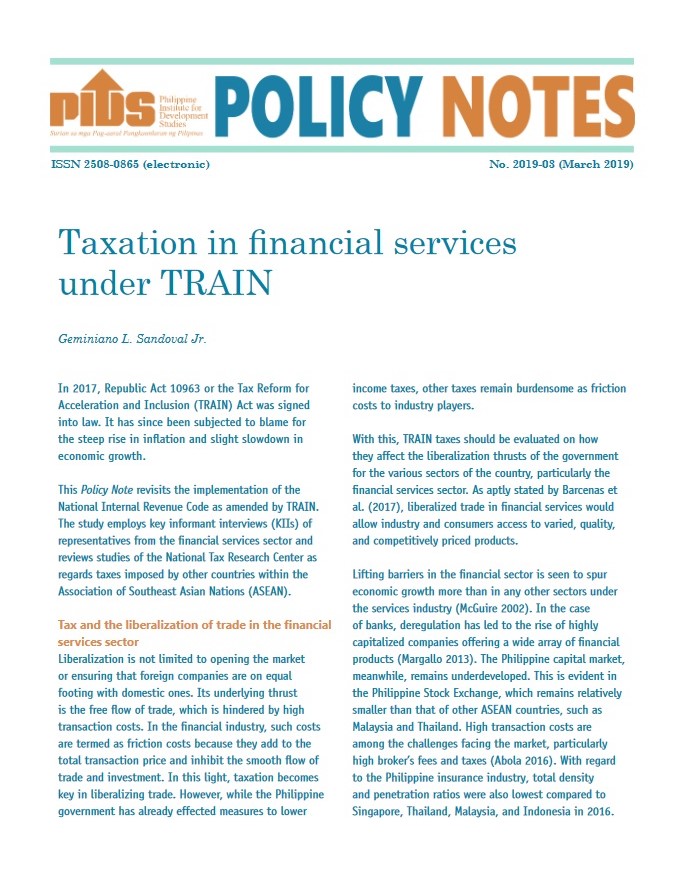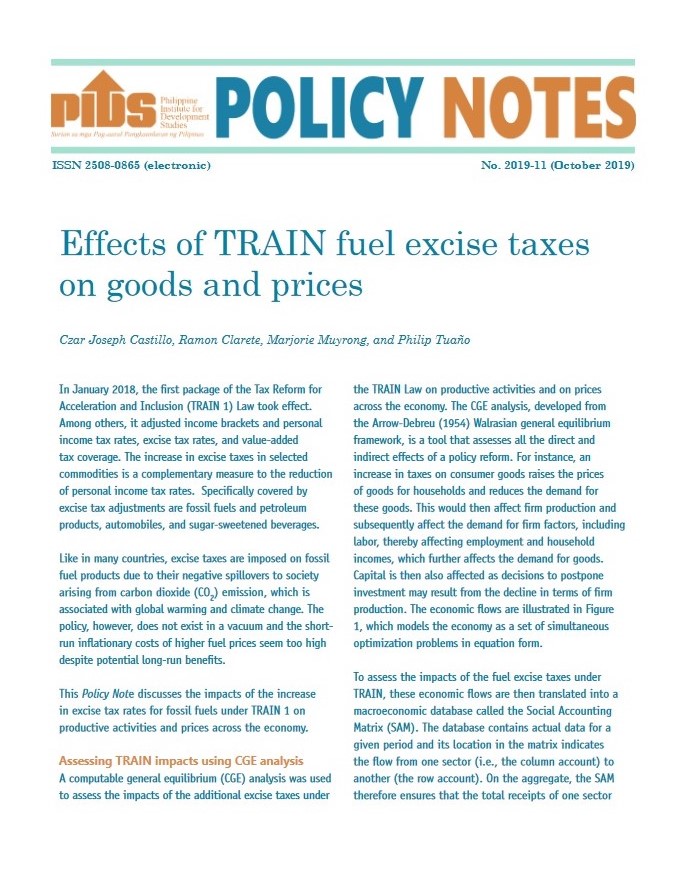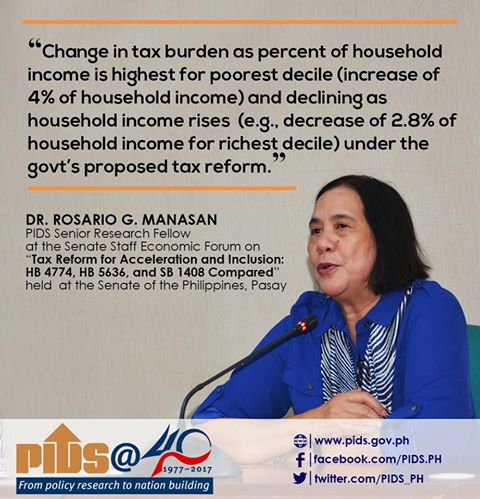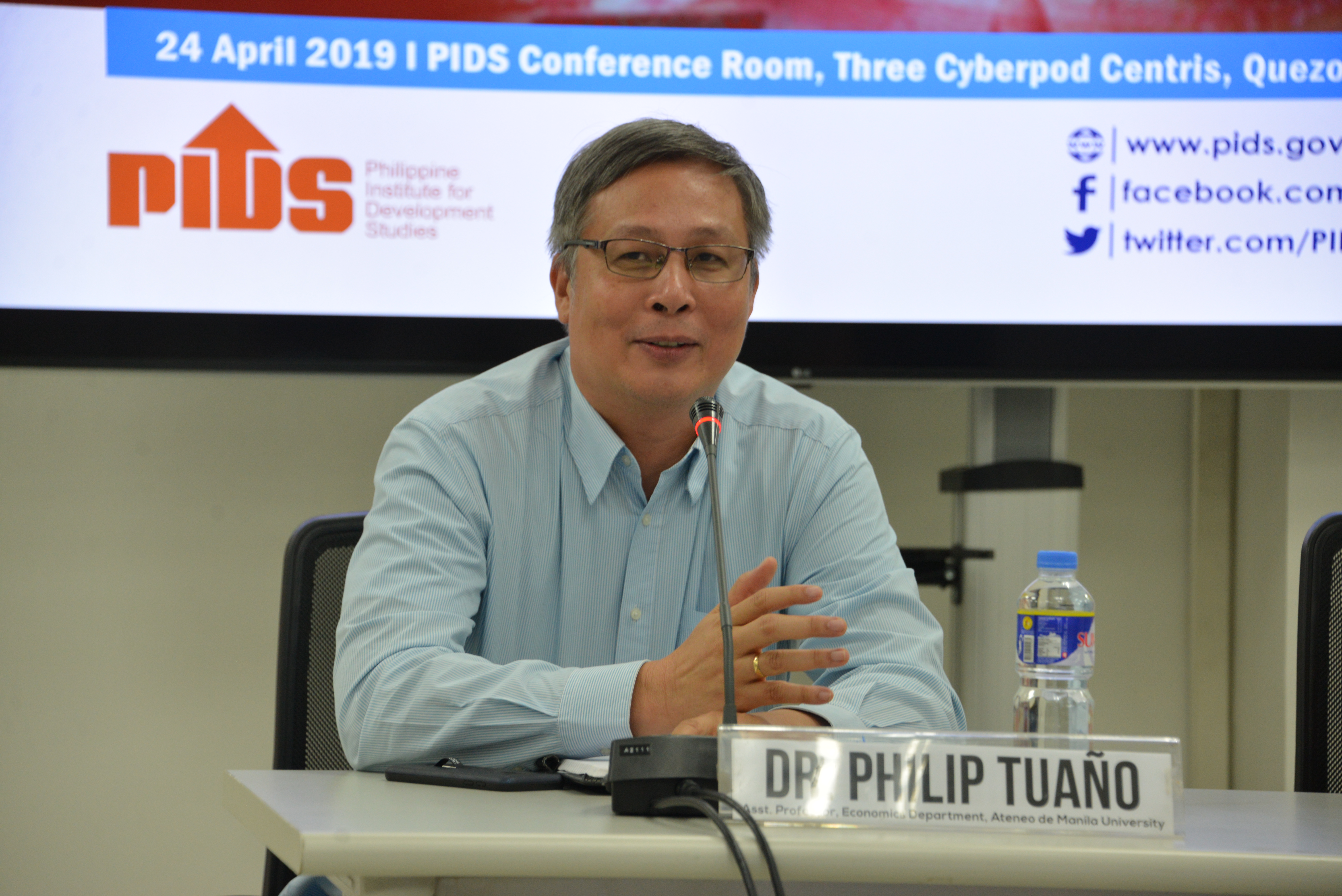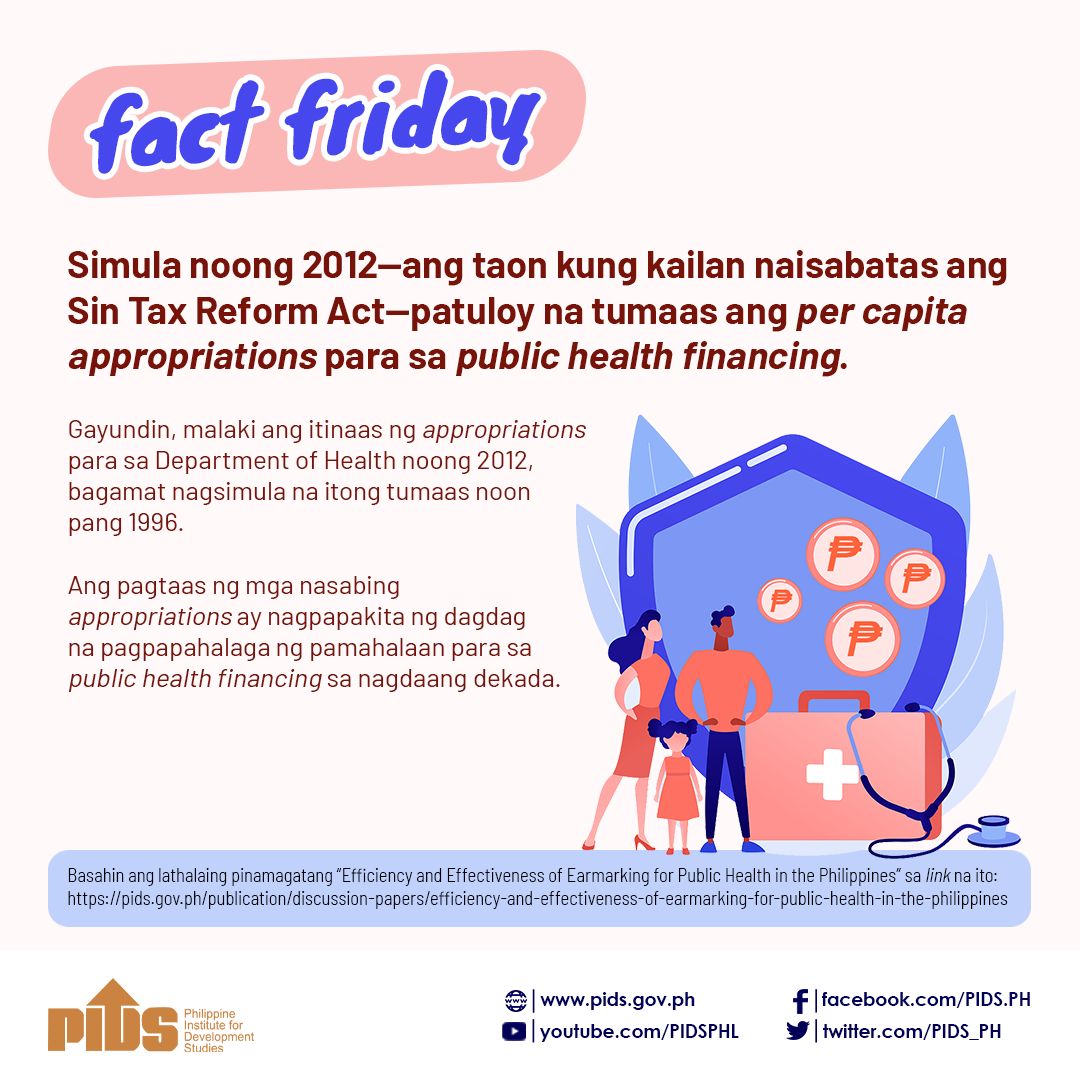The Department of Finance (DOF) said on Monday it economists are supporting the passage of the second round of tax reforms that they claim would be beneficial for small and medium-scale enterprises (SMEs).
Eight economists have expressed their support for the second package of tax reforms that include lowering the corporate income tax (CIT) rates, the DOF said in an emailed statement.
“As Congress deliberates on the second package of the reform, we express our support for the main principle of a corporate tax system that is broad-based and competitive relative to our peers in the region,” the statement read.
“More importantly, lowering the corporate income tax rate will help entrepreneurs and small and medium enterprises thrive,” it said.
The statement was supposedly signed by eight economists, including former Finance Undersecretary Romeo Bernardo and former National Economic and Development Authority (NEDA) chiefs Arsenio Balisacan, Dante Canlas, Felipe Medalla, and Gerardo Sicat.
The DOF said that Monetary Board Member Bruce Tolentino, UP School of Economics assistant professor Renato Reside Jr., and former Philippine Institute of Development Studies (PIDS) president Gilberto Llanto also signed the statement.
Under the second tax reform package, submitted to Congress in January, the DOF is seeking to lower the corporate income tax rates and rationalize fiscal incentives.
“In the interest of fiscal prudence, the lowering of rates should be in conjunction with the rationalization of fiscal incentives,” the joint statement of the economists read.
“Tax incentives that are given permanently discourage firms from becoming self-sufficient and stifle our ability to align incentives with strategic priorities as they evolve over time,” they said.
The proposal has caused apprehension among business groups, particularly on what they called the “slow” reduction of corporate income tax rates and the removal of fiscal incentives.
“Give present investors more time before you just take it away,” Coco Alcuaz, executive director at Makati Business Club, said earlier.
“Incentives are not the be-all and end-all of investment promotion. For our country to be truly attractive to investors in the long-run, the government needs to improve public infrastructure, human development, and the ease of doing business as long-term solutions to development and competitiveness,” the economists added.
There is a need to promote business in the country, according to the Action for Economic Reforms.
“Passage of package 2 of the tax reforms is a crucial signal to investors that we are serious in doing reforms in the country,” AER fiscal coordinator Jo-Ann Diosana said.
“Not only is this beneficial to business, but it will also generate more sustainable employment, especially in rural areas,” she said.
But the government’s tax reform program has so far not been beneficial to the majority of Filipinos and should be halted, research group IBON Foundation said in a separate statement.
“TRAIN only puts more money in the pockets of at most 5.5 million Filipino families gaining from the law’s personal income tax cuts,” IBON executive director Sonny Africa said.
“The country’s poorest 17.2 million households do not benefit from lower personal income taxes but all pay higher consumer taxes. This means less money in the pockets of the poorest 8 out of 10 Filipinos,” he said.
GMA News Online has reached out to IBON for their comment on the planned second package of tax reforms, but has received any response as of this posting.

